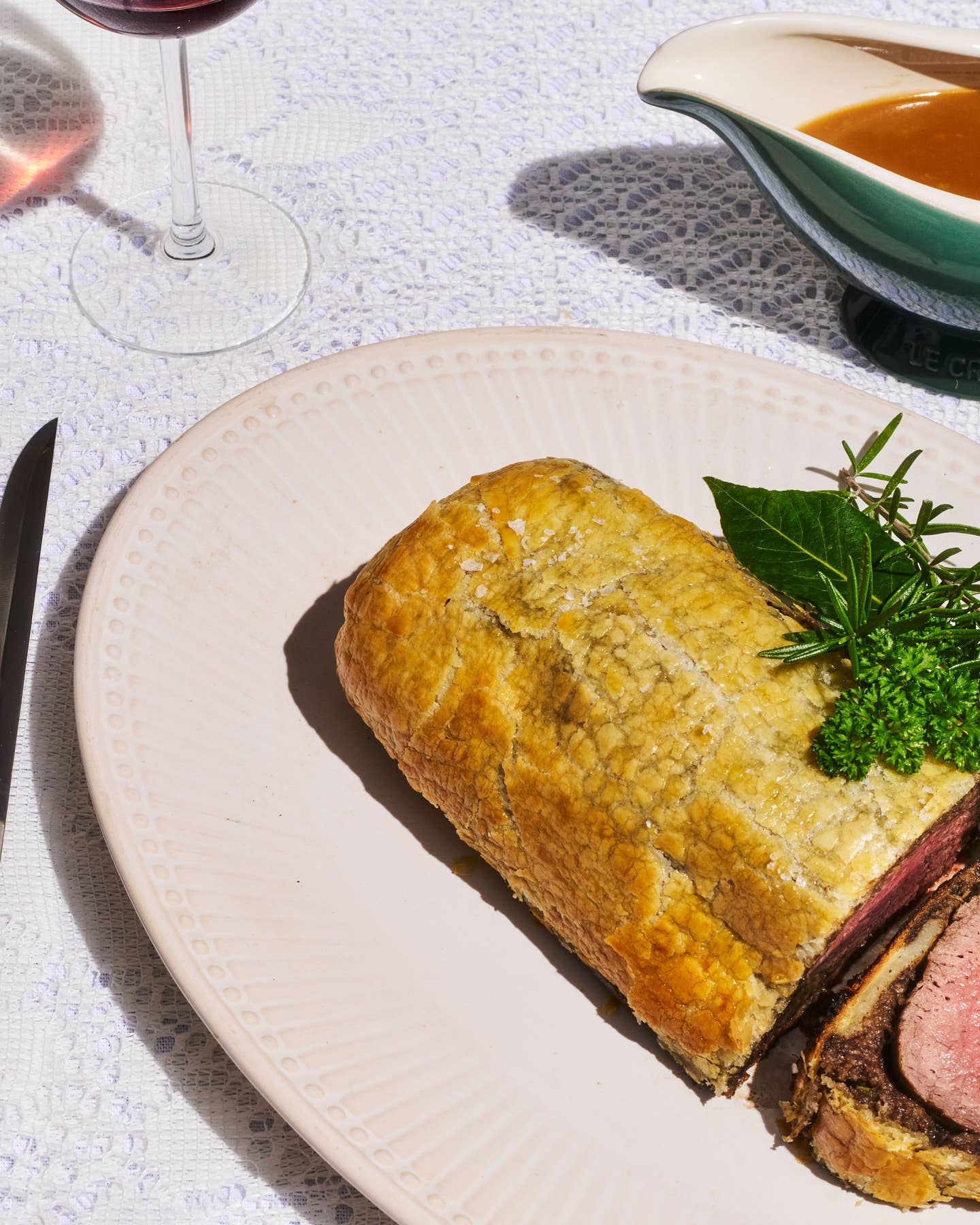This Hmong American Farm in Minnesota Is the First of Its Kind
The land acquisition represents long-sought independence for the region’s immigrant farmers.

The significance of land ownership for Hmong Americans became clear to chef Yia Vang when he was growing up in Wisconsin. His parents had just bought their first home in the country, and his father explained to him how a mortgage works and how it differs from paying rent. Owning a home “was a shift in mentality from this idea of being refugees, where we feel like this is just borrowed land,” Vang recalls realizing. “For thousands and thousands of years, we never owned land. We were always in transition.”
Though the Hmong community originated in China and lived there for millennia, military oppression of ethnic minorities by imperial Chinese rulers in the 1700s and 1800s forced countless Hmong families to migrate to other parts of Asia. During the Vietnam War, many Hmong soldiers in Laos fought alongside American forces, but when the U.S. pulled out of the country, thousands of Hmong people faced persecution and were forced to flee. Many sought refuge in Thailand and eventually resettled in countries like Canada, France, and the United States.

In Minnesota, home to one of the largest Hmong American communities, 16 families, all members of the Hmong American Farmers Association (HAFA), recently became the proud joint owners of 155 acres of farmland in Vermillion Township. According to HAFA co-founder Pakou Hang, this marks the first Hmong nonprofit-owned farm created and operated by Hmong American farmers on U.S. soil, a milestone that sent ripples of pride through the community. For the farmers, the monumental purchase represents putting down roots and finding permanence—a notion which Vang, who runs the Minneapolis pop-up restaurant Union Hmong Kitchen, points out has long evaded Hmong people. “It means you belong. It means nobody can take it from you,” he says. “When it’s yours, you can hand it down to generations to come.”

The acquisition is also a reminder of the obstacles BIPOC farmers disproportionately struggle against on the path to land ownership in the U.S. According to data from the National Young Farmers Coalition, white landowners hold claim to 98% of all American farmland. “Often, people of color, and certainly immigrants, don’t have access to that long-term asset,” says Hang. “Land is a currency. Land is wealth,” she adds. “Not just any type of land, but land that is close to their markets, that’s affordable, and that has good soil.” Those who don’t inherit it directly often find that any swath of tillable land situated close to a major city will be “very, very expensive to buy.” That’s why, in 2015, HAFA chose to work with an anonymous benefactor who was “very sympathetic to small farmers, to immigrant farmers,” she says. The benefactor purchased a parcel of farmland located about 25 minutes from St. Paul and signed an agreement to lease the land to the HAFA farmers for 10 years, with an option for the farmers to purchase it outright in the eighth year—which the families finally did in October.

Hmong American farmers had already made a name for themselves in the region as productive agriculturalists, growing crops like mustard greens and cucumbers. “A lot of people know that piece of land,” Vang observes. “It’s kind of iconic.” But tenure of the land also opens up entirely new agricultural possibilities. “Before, because they didn’t know if they would actually have access to that land the next year, they couldn’t invest in [the future],” Hang explains. Now, HAFA’s farmers are eager to explore growing fruit trees, perennials, and even Christmas trees. Ownership of the parcel has also instilled them with a sense of relief. “They know that it will be there in perpetuity. They can say to their children, ‘I’ve created this amazing business, and I want to hand it down to you,’” says Hang. “That is transfer of wealth. That is wealth creation.”
Vang considers this milestone a testament to the Hmong spirit of resourcefulness that, throughout history, has allowed the people to weather many difficult periods of discrimination and oppression. “Give us anything—we’ll figure out a way to do it. Generations and generations have gone through this,” says Vang. “50, 60 years ago, [it] would not even be imaginable that we could own something here in America. That’s huge for our people. I think about that, and I get really emotional.”
“When we started HAFA, we said, ‘Our dream is to buy a farm,’ adds Hang. “And now, it’s come to fruition.”
Keep Reading
Continue to Next Story










